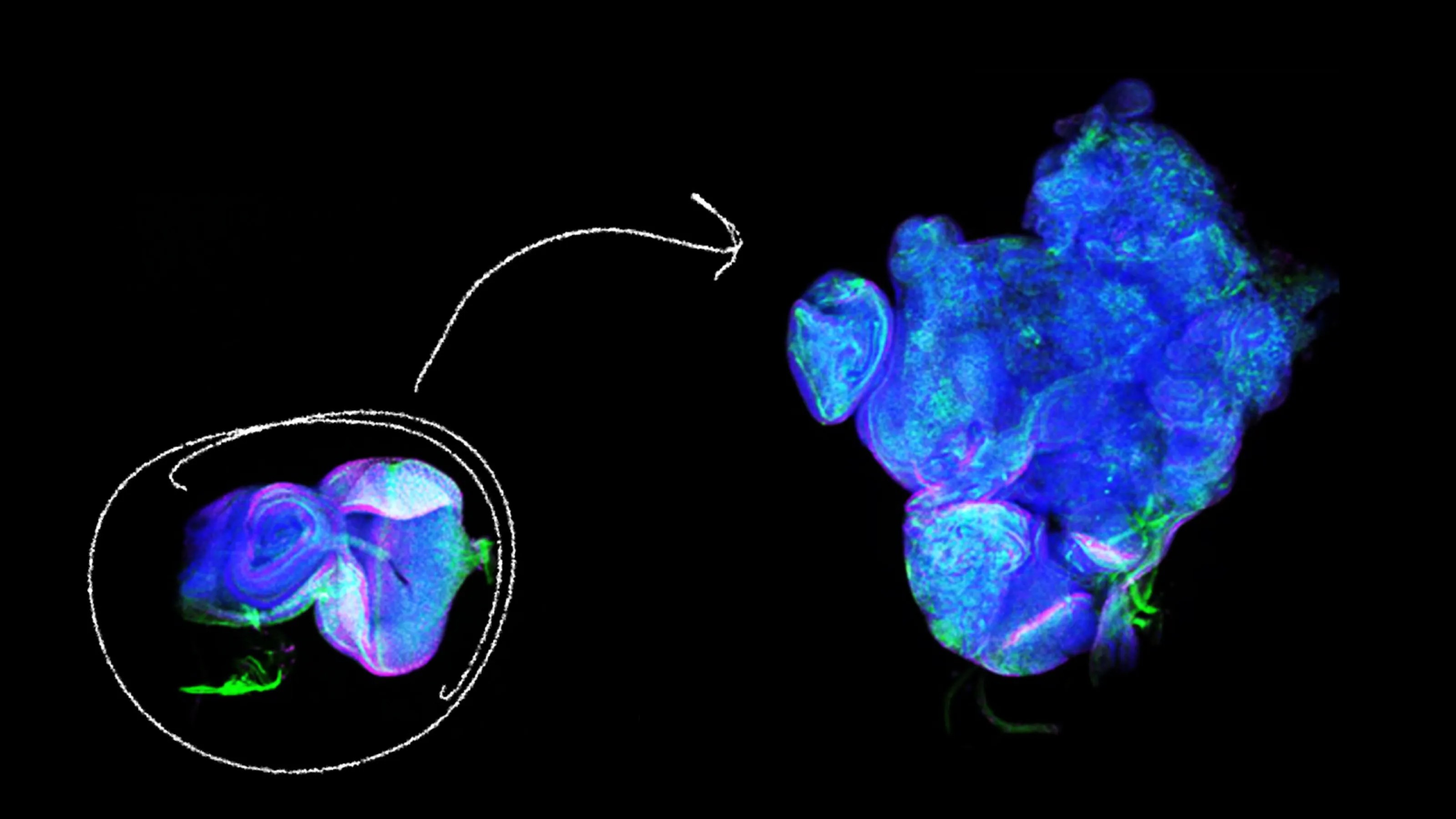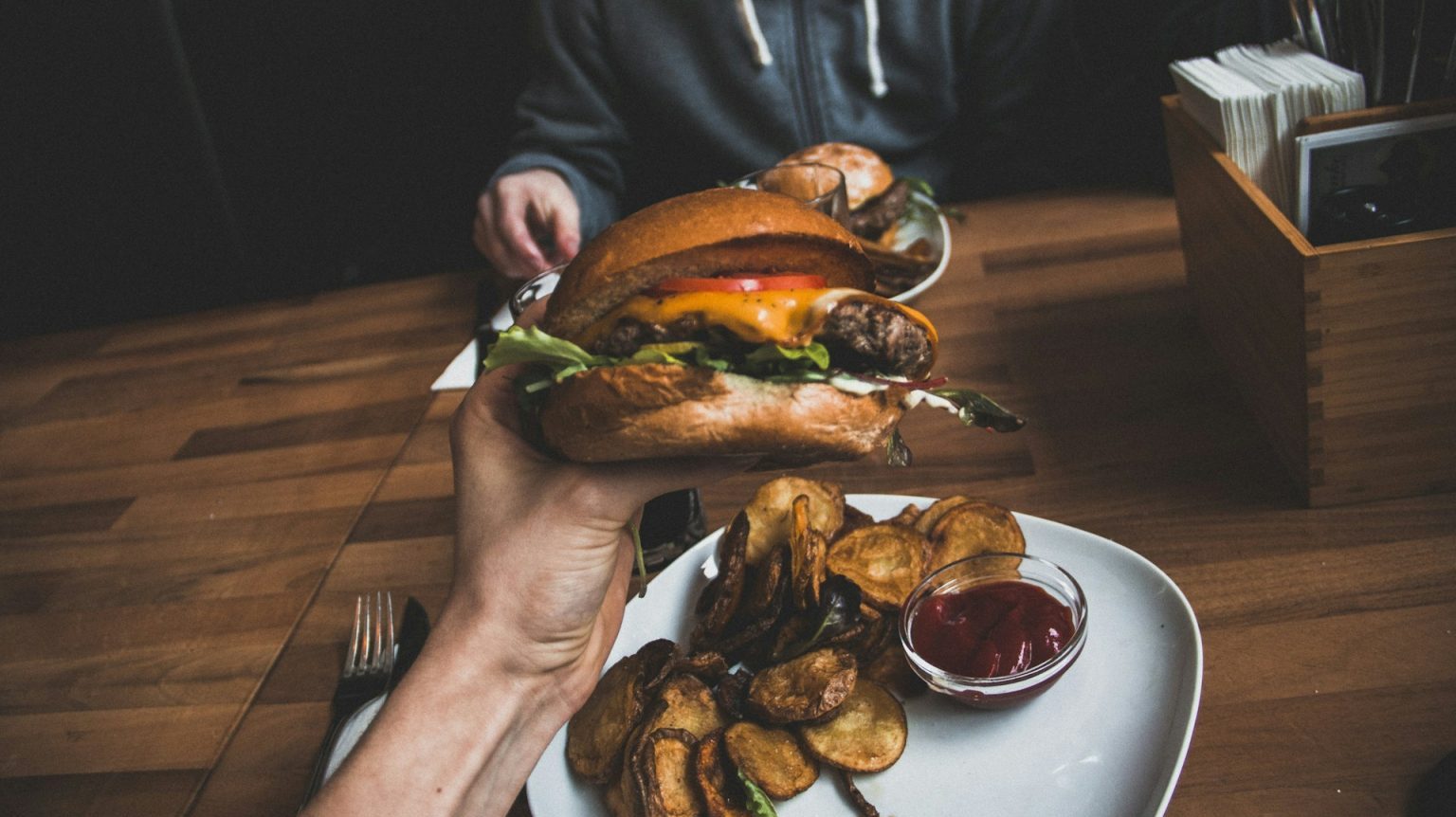In Eating Small Portions, There’s More to Gain Than Just Your Health

“Eat less you pig” is a t-shirt James McWilliams of Pacific Standard received with a simple, offensive health message. It resonated with McWilliams, and it has made him think how we’re debating the details of food all wrong. It’s our gluttony that’s damaging us — and in more ways than just our health.
People enjoy discussing the politics of their plate—are you eating organic, free-range foods (with no GMOs)? Like all of these little points will add up to a healthier you and a better world if we make these demands. McWilliams is of the mind that no matter how it was farmed and fed, the startling fact is that we eat too much.
Daily caloric intake has increase 24.5 percent between 1970 and 2000 in Americans that’s a majority of 3,000 calories per day—way over the recommended 2,000 calorie suggested limit. McWilliams points to this fact as a cause for the obesity epidemic that’s changing the everything from our health to crash test dummies. Even if you eat a paleo-strict diet, you can still over-eat.
He also points to eating less as a solution to some environmental concerns. Less food intake means less food output. We eat more yogurt, meat, cheese, and all of these products emit greenhouse gases, according to a recent study. Beef is a major contributor to greenhouse gases ( around 36 percent). If we chose to eat more veggies, though, in addition to eating the recommended 2,000 calories a day, emissions would go down significantly. Martin Heller of U-M’s Center for Sustainable Systems, stated plainly:
“The take-home message is that health and environmental agendas are not aligned in the current dietary recommendations.”
Just consuming less—no matter what it is that you eat—will be better for you than eating more of everything. McWilliams brings up a 25 year study done on primates that found monkeys eating about 30 percent less lived longer and had fewer age-related diseases. Though, it’s important to mention that the study was inconclusive.
“We go on endlessly about a ‘balanced diet,’ interpreting what that actually means in a million different ways. But the one thing we can definitively measure and keep track of—how much we eat—could have critical health consequences, too.”
If American’s cut back on diet, it would mean less animals being slaughtered–a major win for animal rights groups. People’s habits would finally line up with their morals, seeing as 75 percent of Americans agreed we should “eliminate all forms of animal cruelty and suffering,” according to a U.S. The Humane Resource Council’s survey. There’s a gap in what we want to happen and the things we’re doing (or not doing) to make it happen.
Then McWilliams touches on the people who can’t afford to think about GMOs, diets, or their carbon footprint. The poorest of us in America that eat and eat out of the fear of scarcity. For them it’s not about eating less, but socio-economic justice.
“If the most effective start we can initiate is to eat less food—and I think it is—we need to look beyond the fact that we eat like pigs—or even that we eat pigs—to the underlying causes of that desperate gluttony. What we’ll discover is that, for all our angst over food, the politics of the plate is, alas, really just politics.”
Read more at Pacific Standard
Photo Credit: ileela/Shutterstock





